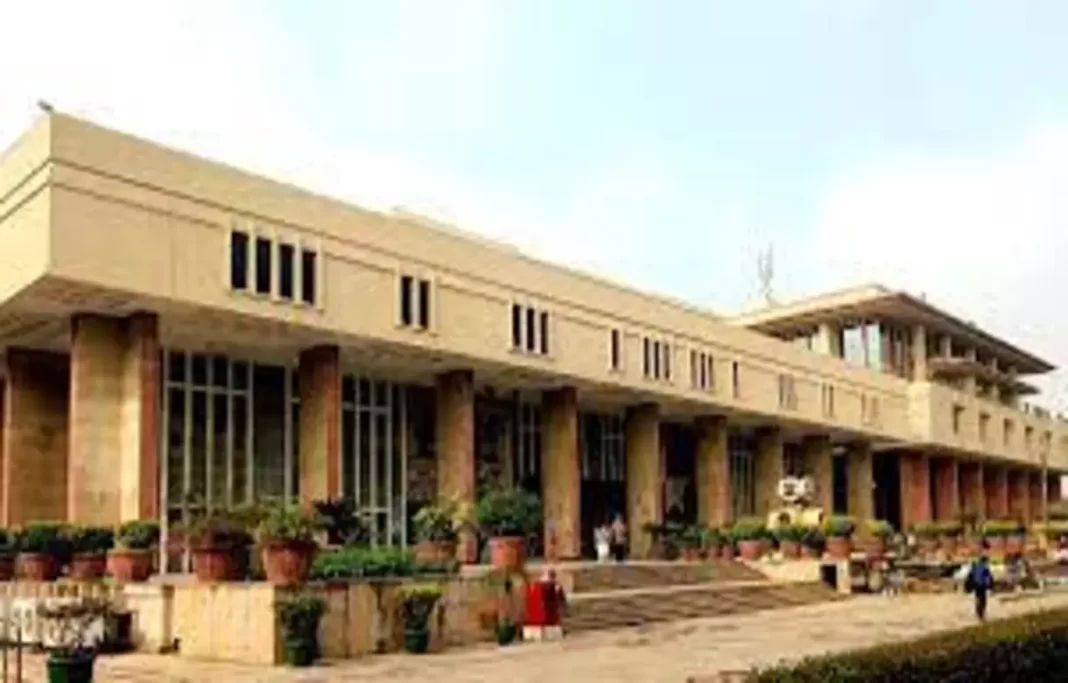The Delhi High Court today rejected a public interest litigation (PIL) plea seeking directions to take down an article published by The Print regarding Research and Analysis Wing (RAW) shutting its North America operations.
A Division Bench of Acting Chief Justice Manmohan and Justice Manmeet Pritam Singh Arora stated that the article does not compromise the careers of the officers or put the lives of their family members in any danger.
The court noted that the freedom of press is placed at a very high pedestal, adding that they cannot order it to be removed. Dismissing the plea, the court said that the government has enough powers to deal with the issue if it considers necessary. The Print on November 30,2023, had published a story titled, Nijjar-Pannun effect: RAW downs shutters in North America 1st time since inception in 1968.
The plea before the High Court was lodged by Advocate Raghav Awasthi mentioning that as per the information he received from someone who works at Indian High Commission, the article puts the life of Indian diplomats and intelligence workers in danger.
Through the plea, the Advocate sought directions to stop media houses from publishing source based speculations on whether any government official or diplomat working abroad is working for the intelligence services. He added that the aforesaid article was completely source based speculation on whether any government official or diplomat working abroad is working for intelligence services.
Advocate Awasthi said that he is ready to submit in sealed cover the identity of the diplomat who approached him. He added that the court proceedings may be conducted in-camera to protect the identity of the officials.
Nonetheless, the court rejected the contentions stating that it cannot order blocking of a news report like this. It underlined that the article, prima facie, does not compromise the careers of the officers or put the lives of their family members in any danger. The bench asserted that by discussing the issue in court, it was Awasthi who was risking the identity of the intelligence officer.
The bench further observed that it is an innocuous piece and does not identify anyone. It added that the advocate has identified more people than the article and that the court has no idea whether his source is correct or not.
The court underlined that the Indian government has enough powers to deal with the issue and if the government thinks something is a risk to national security, they are free to act on it. The court concluded that the plea was based on surmises and conjectures which in turn was based on hearsay.


